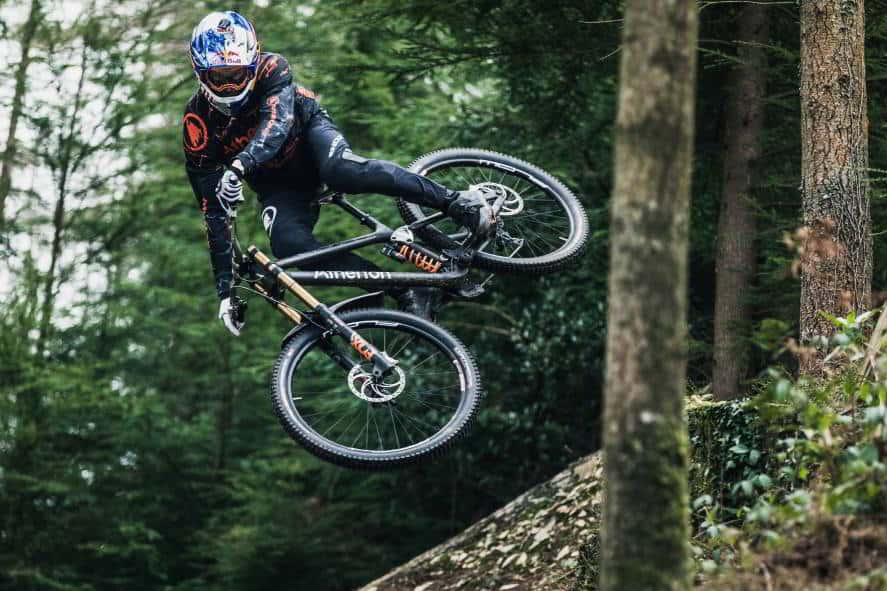Global engineering technologies company Renishaw has collaborated with Welsh bespoke bike manufacturer Atherton Bikes to help develop its in-house additive manufacturing (AM) processes.
More from the News
Members of the Atherton family are World Championship-winning mountain bikers who use their own bikes to race in downhill mountain biking competitions. The family has won three World Cups and calls upon its experience and expertise to produce a range of bespoke mountain bikes that are used internationally.
Atherton wanted to give its customers the ability to test their new bikes on the mountains which are a short drive from the office. To reduce part manufacturing time, the company Atherton has moved all manufacturing processes in-house. This includes additively manufacturing lightweight and robust lugs to reinforce joints between tubes and help distribute the stresses put on the bike in harsh terrain.
“The small size of our office in Wales was a challenge because most machines are produced to fit an industrial unit, so Renishaw’s experts suggested we opt for the RenAM 500Q metal additive manufacturing machine,” explained Dan Brown, co-founder of Atherton Bikes.
“The machine’s compact size, high speed and build accuracy made it a perfect solution. With this machine we are able to keep up with the bespoke and high demand manufacturing requirements, especially during the busy race season. We are able to easily modify the lug design using CAD software, allowing us to quickly produce bespoke lugs and reproduce them if necessary.
“Renishaw has supported us throughout the process, from manufacturing parts before we invested in a machine to installation and training our staff,” Mr Brown continued. “Some of our colleagues were personally trained by the Renishaw engineer at New Mills who personally manufactured our parts. His specific knowledge about our production process allowed our staff to quickly adapt to in-house manufacturing after the training session.”
“By investing in AM processes, Atherton has the design freedom to develop the best parts for its bikes, something that was difficult to achieve using traditional casting methods,” commented explained Bryan Austin, director of sales at Renishaw.
“Casting using moulds does not lend itself to producing the bespoke components that are required for Atherton’s customers. Casting also produces heavier parts because it cannot produce the internal honeycomb structure that allows 3D printed parts to be lighter.”
Subscribe to AM Chronicle Newsletter to stay connected: https://bit.ly/3fBZ1mP
Follow us on LinkedIn: https://bit.ly/3IjhrFq
Visit for more interesting content on additive manufacturing: https://amchronicle.com/
For more information and case studies on metal additive manufacturing register for metal additive manufacturing symposium : https://amchronicle.com/metal-additive-manufacturing/


